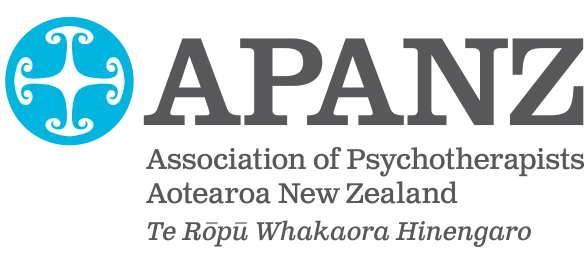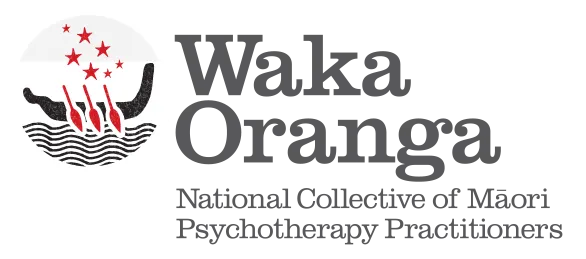
Online via Zoom – Friday, 11 April 2025.
9 am – 3 pm.
Complex Trauma & Dissociative Disorders 201
The foundations to begin working with complex trauma were covered in the Introduction to Complex Trauma 101 workshop where there was a brief look at the spectrum of dissociation. This follow up 201 workshop considers how to begin working more directly with complex trauma memories and the issues arising with dissociative parts. This webinar moves beyond the basics of the 101 webinar. It continues looking at complex trauma with particular emphasis on ways to safely move from phase 1 safety/psychoeducation and skills to then begin phase 2 trauma processing.
Even when there are some skills on board in terms of phase 1 work, some providers worry they will ‘get it wrong’ or ‘make things worse’ when looking at ways to help the client move beyond phase 1 of the tri-phasic trauma model. This webinar is designed to assist you in consolidating Phase 2 readiness and in looking at ways to work with dissociative parts. The tri-phasic model is an organic process rather than a linear process and entails managing differing states of readiness in a dissociated client. This webinar looks at how this ebb and flow of the phase 1 and phase 2 can be part of the weaving of the work with dissociative parts in safe and supportive ways.
Diane Clare is an experienced therapist and clinical psychologist working for over 40 years in the field of trauma and dissociation across a range of different settings. She has worked with clients with high levels of complexity often having complex PTSD and Dissociative difficulties. She offers supervision and training to providers who are challenged by the way that complex trauma impacts on their practice and on their capacity to manage their own responses to some of the confronting issues arising.
The Learning Outcomes:
Learning points: Sound Practice
1. Supporting readiness to move to trauma processing within the window of tolerance.
2. Overview of structural dissociation for working with parts.
3. Understanding of variation in readiness of parts and ways to engage them.
4. Nightmares and flashbacks – some ideas for what helps.
5. Daily life issues for people with complex trauma and dissociation (e.g. driving, intimate relationships, work demands) and how to assist with these.
6. Practice-based examples are used to illustrate how the tri-phasic model will ebb and flow in practice.
Who Should Attend:
As the content of this training builds on what Diane presented in the 101 workshop, it is highly recommended participants complete this Introduction to Complex Trauma 101 (with a brief look at dissociation) workshop first.
It is aimed at counsellors, psychologists, psychiatrists, and other therapists and mental health workers.
Spaces are limited so book today to ensure your place.
Price: $320.00 pp Inc GST
For more information and to register – please visit the website:
**Note our Special Offer**
https://www.grow.co.nz/complex-trauma-and-dissociative-disorders-201
For queries, please contact Faye Johnson – faye@grow.co.nz / 027 607 3000.
NOTE – If your organisation is interested in having Diane present face-face as a private workshop to 20 or more of your team, please contact Faye.

